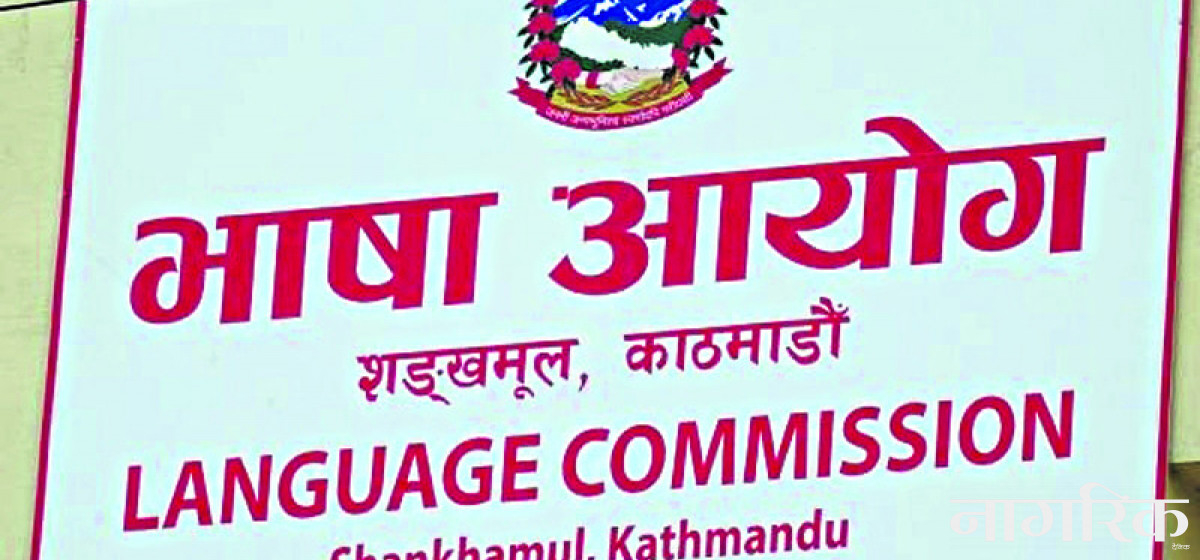
KATHMANDU, Nov 8: The Language Commission has expressed concern that the Nepali language has been neglected as the language of government work and that the Constitution itself has been violated. In the seventh annual report submitted by the Commission to President Ram Chandra Paudel, the government offices have been accused of neglecting the Nepali language.

